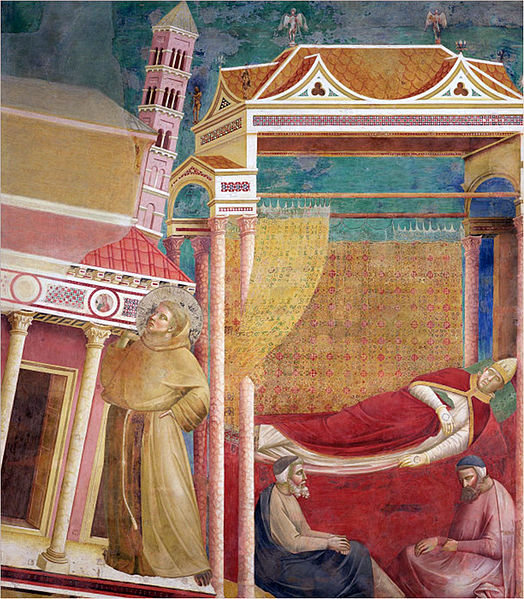buy prednisone 10mg online  I had the sudden conviction that I should finally more fully explore the writings of Marie-Louise von Franz, a second-generation Jungian whose writings I have been impressed by in the past. I am in general always partial to people who have some kind of redemptive salvific Messianic purpose in their work:
I had the sudden conviction that I should finally more fully explore the writings of Marie-Louise von Franz, a second-generation Jungian whose writings I have been impressed by in the past. I am in general always partial to people who have some kind of redemptive salvific Messianic purpose in their work:
were to buy cytotec ‘Like all of us, I have the impression that our culture and civilization is in a final stage, that it has entered a stage of decay. I believe that either we shall find a renewal, or else it is the end. And I can only see this renewal coming out of what Jung discovered, namely in our making positive contact with the creative source of the unconscious and with dreams. These are our roots. A tree can only renew itself through its roots. For this reason my message is to urge everyone to turn back to these inner psychic roots because that’s where the only constructive suggestions are to be found — how to come to grips with our enormous dilemmas: the atom bomb, overpopulation. This is the best way of solving all our problems which appear insoluble.’
I return often in my thoughts to the old Catholic formulation of one of the sources of revelation – “somnia a Deo missa,” and that if popes and bishops had dreams, as in the days of Innocent, and followed them, they would not go so wrong.
Von-Franz has essays about dreams of Descartes, Socrates, St. Monica, even Themistocles and Hannibal (for a fascinating list of essays by her take a look here).
Poking around further led me to the Jung Foundation in New York, which has an essay by Ginette Paris on the Ars Moriendi (“Art of Dying”) in the current issue of its magazine. I have no idea who reads the journal of the Jung Foundation of New York, but I have no doubt that the essay has Hitchens and Stegner beat just by beginning:
“Ordinary people seem not to realize that those who really apply themselves in the right philosophy, are directly, and of their own accord, preparing themselves for dying and death. If this is true, and they have actually been looking forward to death all their lives, it would of course be absurd to be troubled when the thing comes, for which they have so long been preparing and looking forward.”
These words were supposedly spoken by Socrates, who held that philosophy is “the practice of dying. ” At the hour of his death, Socrates was still teaching, explaining the soul ‘s journey to his student Crito, as the hemlock was killing him.
Post a Comment